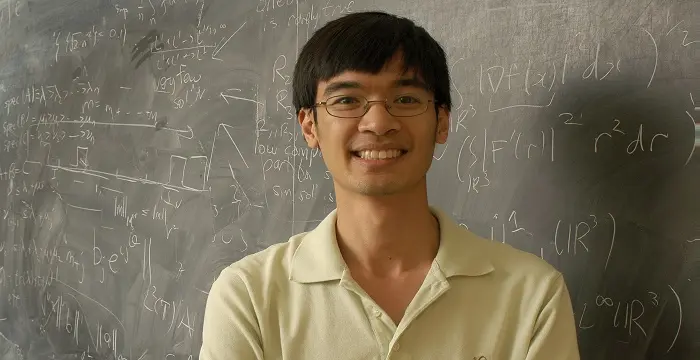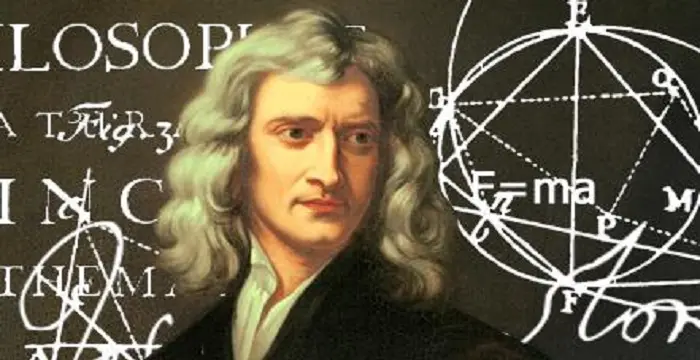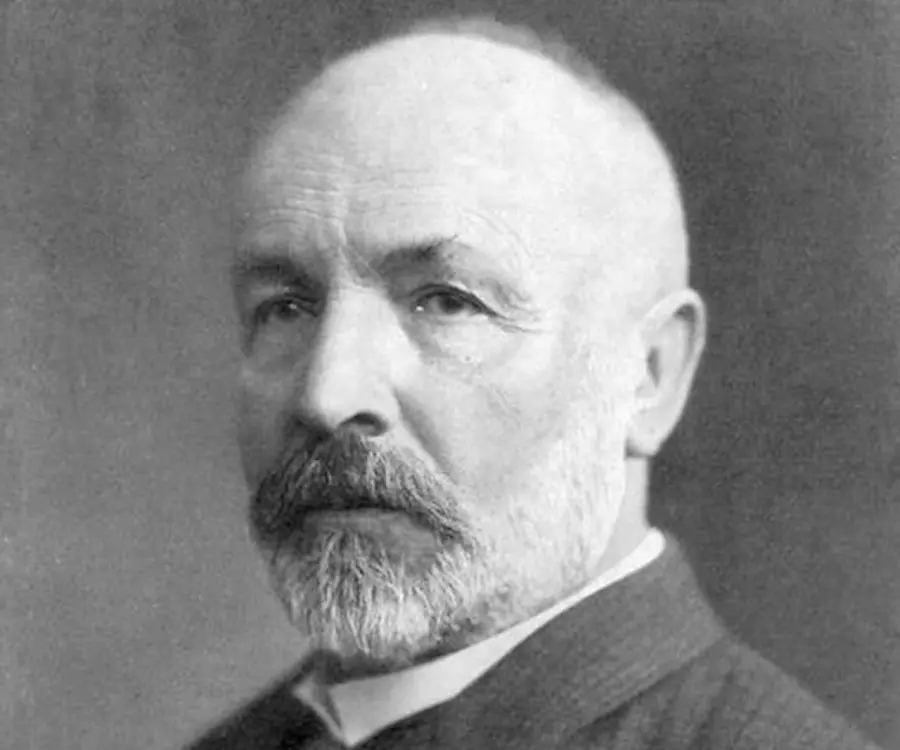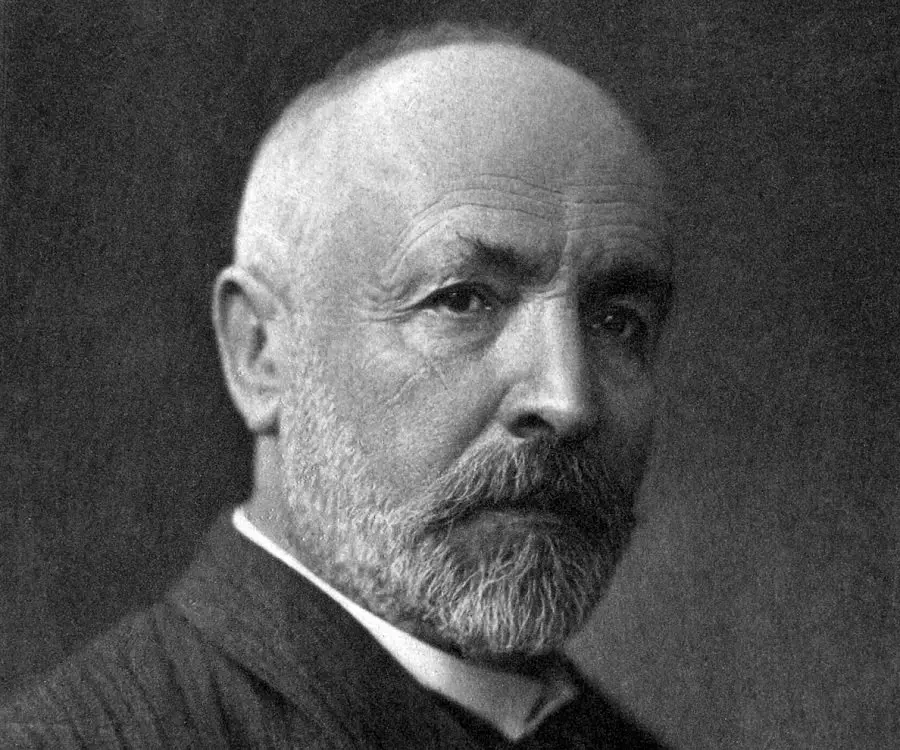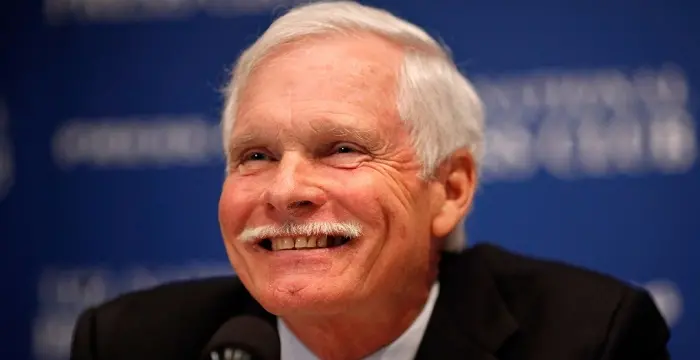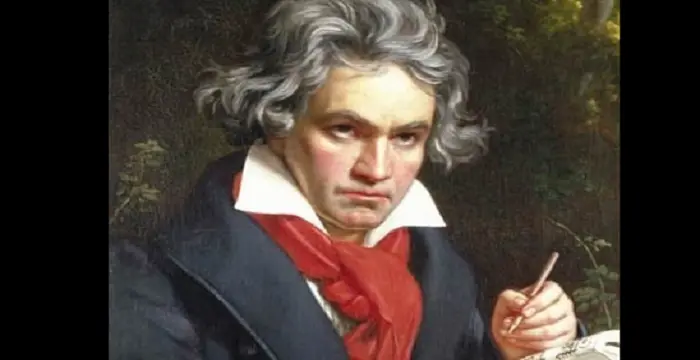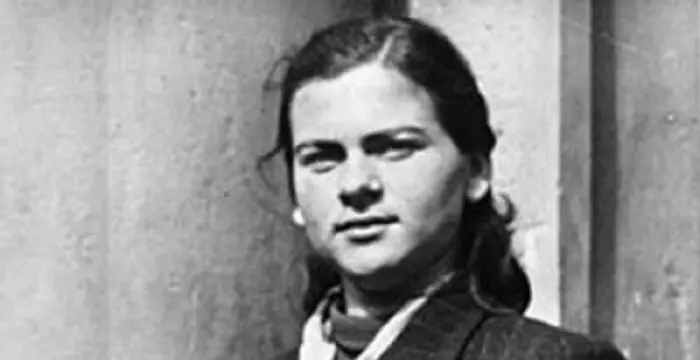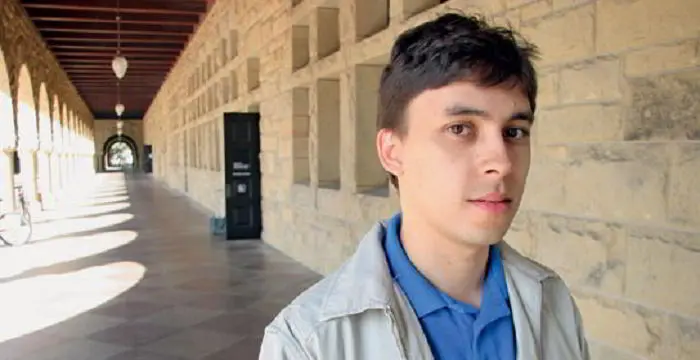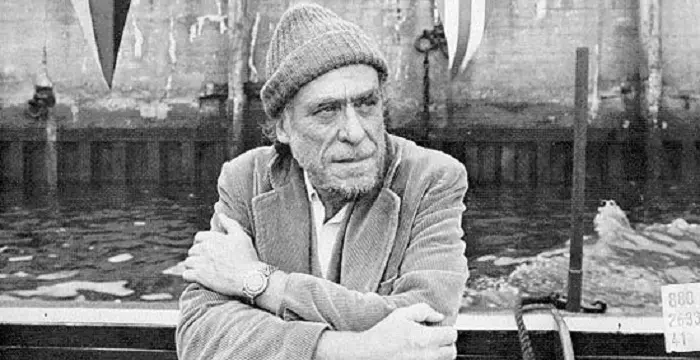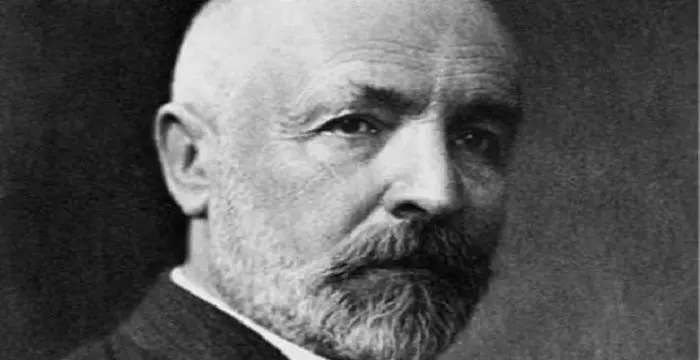
Georg Cantor - Scientists, Timeline and Childhood
Georg Cantor's Personal Details
George Cantor was an established mathematician who defined the cardinal and the ordinal numbers
| Information | Detail |
|---|---|
| Birthday | March 3, 1845 |
| Died on | January 6, 1918 |
| Nationality | German, Russian |
| Famous | Scientists, Mathematicians |
| Spouses | Vally Guttmann |
| Siblings | Ludwig |
| Childrens | Rudolph |
| Universities |
|
| Discoveries / Inventions |
|
| Birth Place | Saint Petersburg, Russian Empire |
| Born Country | Russia |
| Religion | Protestant |
| Gender | Male |
| Father | Georg Waldemar Cantor |
| Mother | Maria Anna Böhm |
| Sun Sign | Pisces |
| Born in | Saint Petersburg, Russian Empire |
| Famous as | Mathematician |
| Died at Age | 72 |
// Famous Mathematicians
Grigori Perelman
Grigori Perelman is a Russian mathematician who is best known for his contributions to Riemannian geometry and geometric topology. Check out this biography to know about his childhood, family life, achievements and fun facts about him.
Terence Tao
Terence Tao is an Australian- American mathematician who has contributed enormously to the field of mathematics. Check out this biography to know about his childhood, family life and achievements.
Isaac Newton
Isaac Newton was an English scientist and mathematician, who discovered gravitation and Newtonian Mechanics. Read this biography to find more on his life.
Georg Cantor's photo
Who is Georg Cantor?
A famous German mathematician, Georg Cantor is known for discovering and building a hierarchy of infinite sets according to their cardinal numbers. He is also known for inventing the Cantor set, which is now a fundamental theory in mathematics. Born into a family of musicians, he displayed an aptitude for music at a young age. He also excelled in his studies and was particularly drawn towards mathematics. He received his education from the University of Berlin where he specialized in physics, philosophy, and mathematics before embarking on a successful academic career. Although Cantor’s views on certain mathematical topics were severely opposed by many of his contemporaries, he refused to give in to their criticism and continued his research. Apart from the cardinal numbers, Georg Cantor is also credited for having furthered the study of trigonometry and transfinite numbers. In addition, he established the importance of one-to-one correspondence in set theory. He suffered from mental illness during the later years of his life, yet he remained actively involved in mathematical works. He was awarded the Sylvester Medal, which is a highly prestigious award in mathematics. Cantor was also interested in music and arts. It is said that Cantor was a spiritual personality and believed that God communicated some of his mathematical discoveries to him.
// Famous Scientists
Juliane Koepcke
Juliane Koepcke is a German-Peruvian biologist, who was the lone survivor among the 92 passengers and crew of the ill-fated LANSA Flight 508 that crashed in the Peruvian rainforest on 24 December 1971. Know more about her life in this biography.
Henry Cavendish
Henry Cavendish was a theoretical chemist and physicist, renowned for discovery of hydrogen and calculation of the mass of earth. To know more about his childhood, profile, timeline and career read on
Konstantin Tsiolkovsky
Konstantin Tsiolkovsky was a Russian rocket scientist and a pioneer of astronautics. This biography provides detailed information about his childhood, family, personal life, career, achievements, etc.
Childhood & Early Life
Georg Ferdinand Ludwig Philipp Cantor was born on March 3, 1845 in Saint Petersburg, Russia, to Georg Waldemar Cantor and Maria Anna Bohm. His father was a German Protestant and his mother was Russian Roman Catholic. Cantor was brought up as a staunch Protestant and inherited the love for the arts from his parents.
Cantor had a private tutor from a very young age and attended primary school in St. Petersburg. In 1856, when Cantor was 11 years old, his family moved to Germany, although Cantor was never at ease in this country.
He proved to be a brilliant student and graduated with distinction from the Realschule in Darmstadt in 1860. He was exceptionally good at mathematics, particularly trigonometry.
He entered the University of Zürich in 1862. Meanwhile his father died and left him a substantial inheritance. So, the young Cantor shifted to the University of Berlin in 1863 and attended lectures by Leopold Kronecker, Karl Weierstrass and Ernst Kummer. There he specialized in physics, philosophy, and mathematics.
He then proceeded to spend a semester at the University of Göttingen in 1866 and wrote his doctoral thesis in 1867.
Career
Georg Cantor began his career by teaching in a Berlin girls’ school for a brief period of time. He then accepted a position at the University of Halle, where he spent his entire career. He joined as a lecturer in 1869 and was promoted to assistant professor in 1872, and full professor in 1879.
He published a series of ten papers from 1869 to 1873 in which he dealt with the theory of numbers. A colleague, Heinrich Eduard Heine, recognized Cantor’s capability and encouraged him to work on the theory of trigonometric series.
He started with the work performed on trigonometric series by the German mathematician Bernhard Riemann a few years ago, and extended it to show that the function of a complex variable can be represented in only one way by a trigonometric series.
He began his work on what became known as set theory in 1874. Cantor’s correspondence with Richard Dedekind, mathematician at the Brunswick Technical Institute, triggered in his mind ideas on the theory of sets.
In 1874, he published an article ‘On a Property of the Collection of All Real Algebraic Numbers’ which marked the beginning of set theory as a branch of mathematics. The article provided a rigorous proof that there was more than one kind of infinity. Through this work he proved that real numbers are not countable.
The article was seminal in more than one way. It also contained a new method of constructing transcendental numbers which were first constructed by Joseph Liouville in 1844.
Extending his research, he published a series of six articles in ‘Mathematische Annalen’ between 1879 and 1884 that formed an introduction to his set theory. He also introduced the Cantor set during this period. During this time he faced severe criticism of his works which is believed to have affected his mental health even though he continued his mathematical work despite the criticism.
In 1891, he published a paper containing his "diagonal argument" for the existence of an uncountable set. He applied the same idea to prove what is now known as Cantor's theorem. The theorem states that, for any set A, the set of all subsets of A has a strictly greater cardinality than A itself.
By this time his mental health had begun to deteriorate though he still determinedly performed mathematical research. His last significant papers on set theory were published in 1895 and 1897 in ‘Mathematische Annalen’ under Felix Klein's editorship.
Major Works
Georg Cantor founded the set theory, the branch of mathematical logic that studies sets. This theory is most commonly applied to objects that are relevant to mathematics though any type of object can be collected into a set. He also gave a new method of constructing transcendental numbers in 1874 which were first constructed by Joseph Liouville in 1844.
Awards & Achievements
The Royal Society awarded Cantor its Sylvester Medal, the highest honor it can confer for work in mathematics, in 1904.
Personal Life & Legacy
Georg Cantor married Vally Guttmann in 1874. It was a happy marriage and they had six children.
He was prone to bouts of depression and suffered from mental illnesses during the later part of his life. His last years were spent in poverty and he spent the final year of his life in a sanatorium. He died on January 6, 1918.
The Cantor Medal was established by the Deutsche Mathematiker-Vereinigung in honor of Georg Cantor.
// Famous Bipolar Disorder peoples
Ted Turner
Ted Turner is a media tycoon who founded the cable news network CNN. This biography of Ted Turner provides detailed information about his childhood, life, achievements, works & timeline.
Ludwig van Beethoven
Ludwig Van Beethoven was one of the greatest composers the world has ever had. Check out this biography to know about his childhood, family life, and achievements.
David Walliams
David Walliams is an English comedian, actor, author, talent-show judge, and activist. Check out this biography to know about his childhood, family life, achievements and fun facts about his life.
Georg Cantor's awards
| Year | Name | Award |
|---|---|---|
Other | ||
| 0 | 1904 - Sylvester Medal | |
Georg Cantor biography timelines
- // 3rd Mar 1845Georg Ferdinand Ludwig Philipp Cantor was born on March 3, 1845 in Saint Petersburg, Russia, to Georg Waldemar Cantor and Maria Anna Bohm. His father was a German Protestant and his mother was Russian Roman Catholic. Cantor was brought up as a staunch Protestant and inherited the love for the arts from his parents.
- // 1856Cantor had a private tutor from a very young age and attended primary school in St. Petersburg. In 1856, when Cantor was 11 years old, his family moved to Germany, although Cantor was never at ease in this country.
- // 1860He proved to be a brilliant student and graduated with distinction from the Realschule in Darmstadt in 1860. He was exceptionally good at mathematics, particularly trigonometry.
- // 1862 To 1863He entered the University of Zürich in 1862. Meanwhile his father died and left him a substantial inheritance. So, the young Cantor shifted to the University of Berlin in 1863 and attended lectures by Leopold Kronecker, Karl Weierstrass and Ernst Kummer. There he specialized in physics, philosophy, and mathematics.
- // 1866 To 1867He then proceeded to spend a semester at the University of Göttingen in 1866 and wrote his doctoral thesis in 1867.
- // 1869 To 1879Georg Cantor began his career by teaching in a Berlin girls’ school for a brief period of time. He then accepted a position at the University of Halle, where he spent his entire career. He joined as a lecturer in 1869 and was promoted to assistant professor in 1872, and full professor in 1879.
- // 1869 To 1873He published a series of ten papers from 1869 to 1873 in which he dealt with the theory of numbers. A colleague, Heinrich Eduard Heine, recognized Cantor’s capability and encouraged him to work on the theory of trigonometric series.
- // 1874He began his work on what became known as set theory in 1874. Cantor’s correspondence with Richard Dedekind, mathematician at the Brunswick Technical Institute, triggered in his mind ideas on the theory of sets.
- // 1874In 1874, he published an article ‘On a Property of the Collection of All Real Algebraic Numbers’ which marked the beginning of set theory as a branch of mathematics. The article provided a rigorous proof that there was more than one kind of infinity. Through this work he proved that real numbers are not countable.
- // 1874Georg Cantor married Vally Guttmann in 1874. It was a happy marriage and they had six children.
- // 1879 To 1884Extending his research, he published a series of six articles in ‘Mathematische Annalen’ between 1879 and 1884 that formed an introduction to his set theory. He also introduced the Cantor set during this period. During this time he faced severe criticism of his works which is believed to have affected his mental health even though he continued his mathematical work despite the criticism.
- // 1891In 1891, he published a paper containing his "diagonal argument" for the existence of an uncountable set. He applied the same idea to prove what is now known as Cantor's theorem. The theorem states that, for any set A, the set of all subsets of A has a strictly greater cardinality than A itself.
- // 1895 To 1897By this time his mental health had begun to deteriorate though he still determinedly performed mathematical research. His last significant papers on set theory were published in 1895 and 1897 in ‘Mathematische Annalen’ under Felix Klein's editorship.
- // 1904The Royal Society awarded Cantor its Sylvester Medal, the highest honor it can confer for work in mathematics, in 1904.
- // 6th Jan 1918He was prone to bouts of depression and suffered from mental illnesses during the later part of his life. His last years were spent in poverty and he spent the final year of his life in a sanatorium. He died on January 6, 1918.
// Famous German peoples
Jordan Carver
Jordan Carver is a famous German model. Let’s take a close look at her personal life, including her age, career, net worth, achievements and some fun facts.
Jürgen Klopp
Jürgen Klopp is a German football manager, and a former professional football player. Check out this biography to know more about his childhood, family, personal life, etc.
Irma Grese
Irma Grese was a notorious German Nazi concentration camp guard during the Second World War. This biography profiles her childhood, life, horrifying acts, death and other facts.
Juliane Koepcke
Juliane Koepcke is a German-Peruvian biologist, who was the lone survivor among the 92 passengers and crew of the ill-fated LANSA Flight 508 that crashed in the Peruvian rainforest on 24 December 1971. Know more about her life in this biography.
Jawed Karim
Jawed Karim is a German-American internet entrepreneur, technologist and co-founder of the video-sharing website, YouTube. Check out this biography to know about his childhood, family, personal life, achievements, age, etc.
Charles Bukowski
Charles Bukowski was a German-born American novelist, short story writer and poet. With this biography, learn in details about his childhood, life, works, career and timeline
Georg Cantor's FAQ
What is Georg Cantor birthday?
Georg Cantor was born at 1845-03-03
When was Georg Cantor died?
Georg Cantor was died at 1918-01-06
Where was Georg Cantor died?
Georg Cantor was died in Halle, Province of Saxony, German Empire
Which age was Georg Cantor died?
Georg Cantor was died at age 72
Where is Georg Cantor's birth place?
Georg Cantor was born in Saint Petersburg, Russian Empire
What is Georg Cantor nationalities?
Georg Cantor's nationalities is German, Russian
Who is Georg Cantor spouses?
Georg Cantor's spouses is Vally Guttmann
Who is Georg Cantor siblings?
Georg Cantor's siblings is Ludwig
Who is Georg Cantor childrens?
Georg Cantor's childrens is Rudolph
What was Georg Cantor universities?
Georg Cantor studied at Humboldt University of Berlin, Realschule, ETH Zurich
What is Georg Cantor's inventions/discoveries?
Eponymous Paradox was invented (or discovered) by Georg Cantor
What is Georg Cantor's religion?
Georg Cantor's religion is Protestant
Who is Georg Cantor's father?
Georg Cantor's father is Georg Waldemar Cantor
Who is Georg Cantor's mother?
Georg Cantor's mother is Maria Anna Böhm
What is Georg Cantor's sun sign?
Georg Cantor is Pisces
How famous is Georg Cantor?
Georg Cantor is famouse as Mathematician

